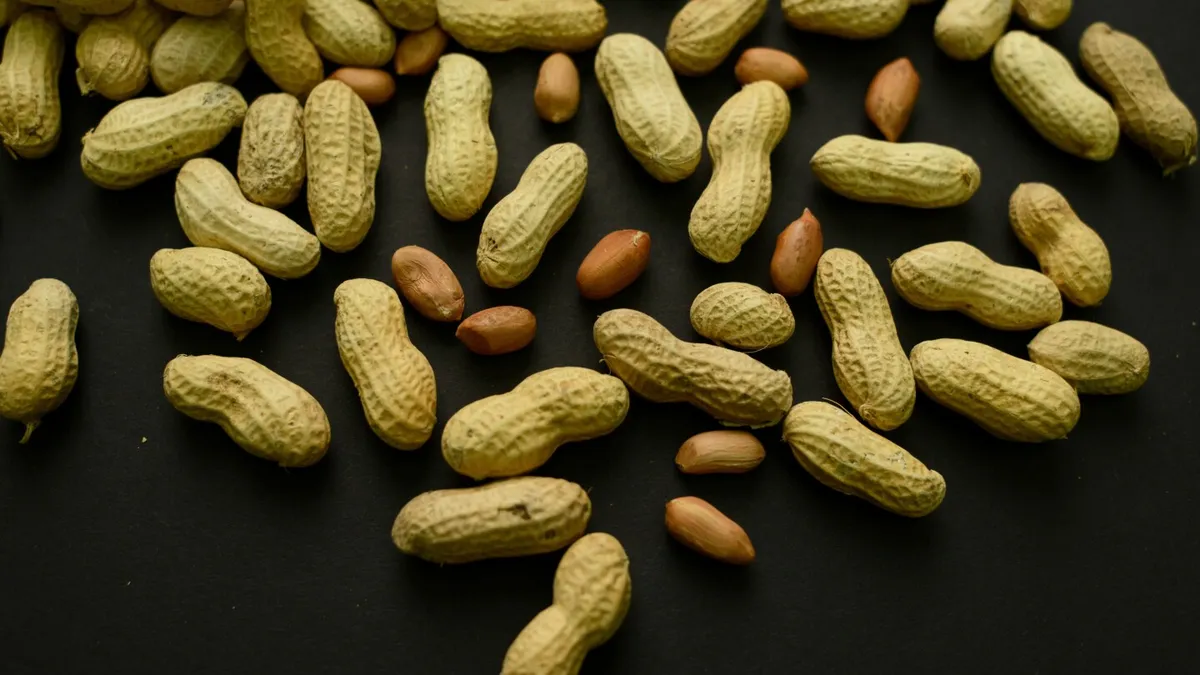
A decade after a groundbreaking study demonstrated that introducing peanut products to young infants could significantly reduce the risk of developing life-threatening allergies, new research reveals that this change in dietary guidelines has had a substantial real-world impact. Since the recommendations were first issued in 2015, approximately 60,000 children have successfully avoided developing peanut allergies.
Dr. David Hill, an allergist and researcher at the Children’s Hospital of Philadelphia, emphasized the importance of these findings. “That’s a remarkable thing, right?” he stated, referring to the reduction in allergy cases. His team conducted an extensive analysis of electronic health records from numerous pediatric practices to monitor food allergy diagnoses in young children before and after the new guidelines were implemented. “I can actually come to you today and say there are less kids with food allergy today than there would have been if we hadn’t implemented this public health effort,” he affirmed.
The research indicates that peanut allergies among children aged 0 to 3 have decreased by over 27% since the initial guidelines were issued in 2015. Furthermore, following the expansion of these recommendations in 2017, the decline reached over 40%. However, it is important to note that this effort has not yet curbed the overall increase in food allergies across the U.S., which currently affects about 8% of children, including more than 2% with peanut allergies.
Peanut allergies occur when the body’s immune system mistakenly identifies peanut proteins as harmful, leading to the release of chemicals that trigger various allergic symptoms. These can range from hives and respiratory issues to severe reactions like anaphylaxis, which can be life-threatening.
For decades, conventional medical advice recommended delaying the introduction of peanuts and other potential allergens until children reached the age of three. However, everything changed in 2015 when Dr. Gideon Lack from King’s College London published the pivotal Learning Early About Peanut Allergy (LEAP) trial. This landmark study revealed that early introduction of peanut products in infancy could reduce the risk of developing allergies by more than 80%. Subsequent analyses showed that this protective effect persisted in about 70% of children into their teenage years.
Despite the clear benefits outlined in the research, the adoption of these new guidelines has been sluggish. Surveys indicated that only 29% of pediatricians and 65% of allergists were following the expanded guidelines issued in 2017. Confusion regarding the best practices for early peanut introduction contributed to this hesitance, as highlighted in a commentary accompanying the study.
Dr. Ruchi Gupta, a child allergy expert at Northwestern University, noted that while the data analyzed in this research came from a select group of pediatric practices, it provides “promising evidence that early allergen introduction is not only being adopted but may be making a measurable impact.”
Advocates for the estimated 33 million people in the U.S. living with food allergies welcomed this new evidence. Sung Poblete, the chief executive of the nonprofit organization Food Allergy Research & Education (FARE), remarked, “This research reinforces what we already know and underscores a meaningful opportunity to reduce the incidence and prevalence of peanut allergy nationwide.”
The study further emphasizes the updated guidelines from 2021, which recommend introducing peanuts and other major food allergens to infants between the ages of four and six months, without the need for prior screening or testing. Dr. Hill advises parents to consult their pediatricians with any questions regarding this practice. “It doesn’t have to be a lot of the food, but little tastes of peanut butter, milk-based yogurt, soy-based yogurts, and tree nut butters,” he suggests. “These are really good ways to allow the immune system exposure to these allergenic foods in a safe way.”
Tiffany Leon, a registered dietitian from Maryland and director at FARE, shared her experience of introducing peanuts and other allergens early to her children, James, 4, and Cameron, 2. Initially, her mother was taken aback by the advice to feed babies such foods before the age of three. However, Leon explained the evolution of the science behind these recommendations. “As a dietitian, I practice evidence-based recommendations,” she stated. “So when someone told me, ‘This is how it’s done now, these are the new guidelines,’ I just thought, okay, well, this is what we’re going to do.”